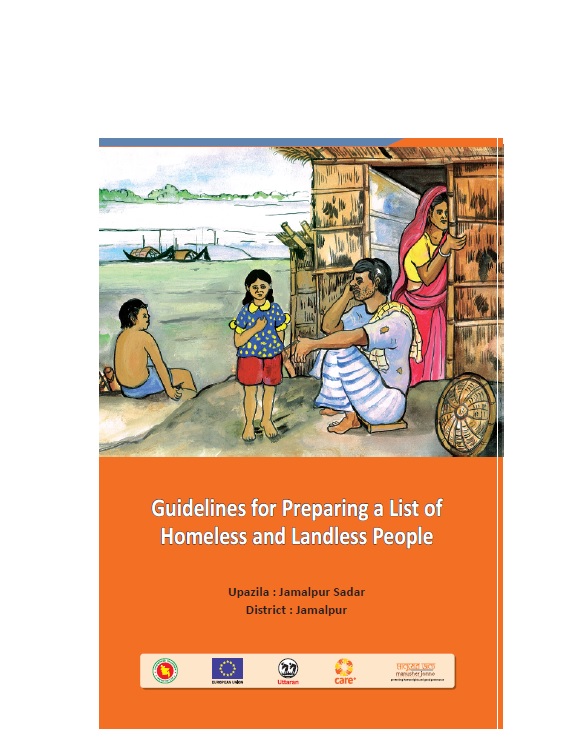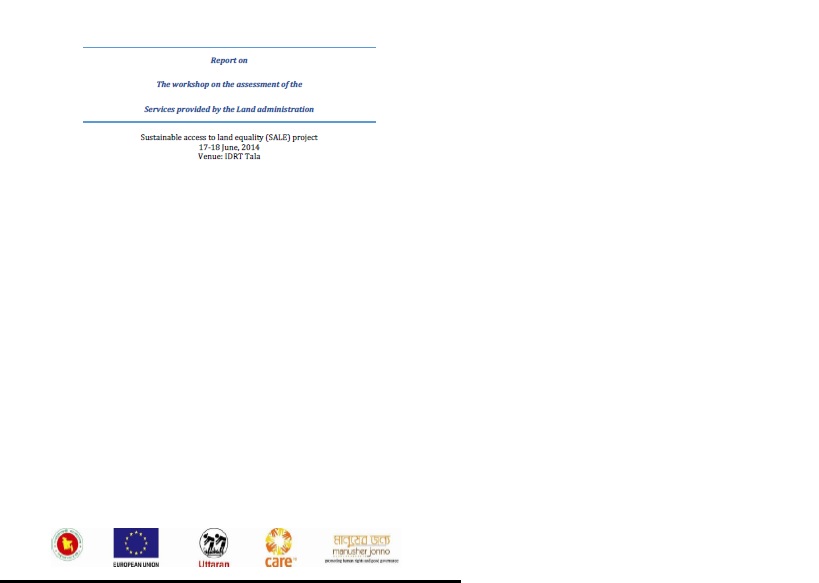Uttaran, which means ‘transition’, in Bangla language, is a people centred organisation using a rights based approach to alleviate poverty, diversify livelihood opportunities and empower poor communities throughout the southwest region and gradually expanding to other parts of Bangladesh. The core focus of Uttaran programs are human rights, land rights and agrarian reform, community based river basin management, sustainable water management, adaptation to climate change, ecological agriculture and food security.
Our vision & mission
Uttaran’s vision and mission reflects our aspiration to work in partnership with local communities and vulnerable individuals to reduce poverty and improve lives.
Vision: A society with gender, class and caste equality.
Mission: Equip the disadvantaged people with the tools needed to deal with their social, environmental, health, economic and cultural issues and concerns.
Goals
We develop our strategies in partnership with local communities and marginalized groups. This people centered approach is vital to making sure that we are able to fulfill our goals.
- Eradicate poverty by creating enabling environment for income, asset base for the poor
- Promote environment friendly sustainable agricultural practices
- Ensure education, health services to the underprivileged and extreme poor
- Ensure people’s participation and good governance
- Ensure quality of life in time of natural and artificially created disaster
- Promote equality, human rights and social justice
Strategies
- Organization and capacity building for the poor
- Ensure sustainable livelihood practices for women and poor
- Ensure women and poor’s entitlement to social services (education, health, safety net)
- Raising voice, influence and agency of poor through advocacy, campaigns, lobbying and networking
- Mainstreaming of rights, gender and inclusion issues
- Building pro poor partnership
- Result Based Management (RBM) practices
Values
- Accountability and transparency
- Non-discrimination and mutual respect
- Gender equality
- Commitment
- Team spirit
- Creativity
- Conservation of resource
Resources
Displaying 31 - 35 of 52Training Needs Assessment in Land Sector in Bangladesh
The main objectives for TNA were to identify prevailing perception and attitude among selective stakeholders who were responsible for providing services to target groups through distinguishing their needs in providing expected services. The specific objectives of this TNA were to identify the training needs of the GoB Land Officials (Upazila and union level), Union Parishad and Vhumi committees for delivery of service effectively and efficiently for the SALE project.
Report on the Workshop on the Sources of Khas Land, legal bindings for it’s distribution and Suggestions
Since 1985, Uttaran, an NGO, has been striving to establish the rights of poor people in the South-West regions of Bangladesh. During the operation of this development project, Uttaran has observed that providing the poor with productive elements can help eliminate poverty to a great extent. With the ownership of productive elements, their sources of income become multifarious. The productive element-the small piece of land-changes their social, cultural and psychological behavior. Statistics show that there are about 33lac acres of khas land in Bangladesh.
Foundation Training on ‘Facilitation’
Most participants i.e. Uttaran's field team faced the same challenge; powerful people in their working area (for example Union Parisad members/chairman) are not always willing to cooperate towards their project goals. It is important to work step by step when facilitating meetings. As a facilitator, one first needs to analyze the community to identify which people are influential and for which people the project is important. The training was delivered to increase capacity of Uttaran's field team members in order to improve their facilitation capacity.
Guidelines for Preparing a List of Homeless and Landless People, Bangladesh
The Jamalpur district administration has decided to prepare an online database of the real landless and homeless in Jamalpur Sadar Upazila. Forming the selection committees at Union and Ward level is an effective step to make the list of real landless and homeless people. This will make the identification process of the actual landless, poor and vulnerable people easy, acceptable to all and impartial. I hope that once the list is finalised, it will be useful in selecting beneficiaries for the various safety net and development programmes of the present government.
The workshop on the assessment of the Services provided by the Land administration
The assessment workshop organised in order to know about the strength and weakness of land administration from the experience of staff of different projects of UTTARAN. Secondly the workshop was organised to know the challenges faced by the landless people in accessing Khas (state) Lands (Legal, Social and Cultural) in Bangladesh in practices.







